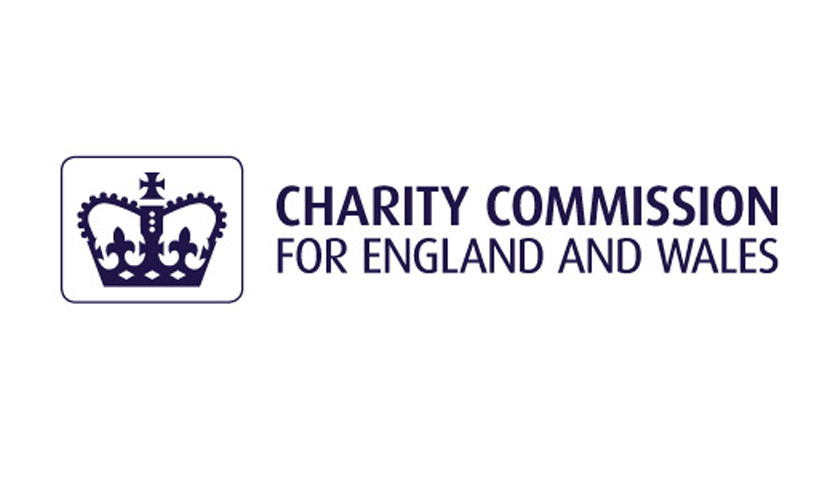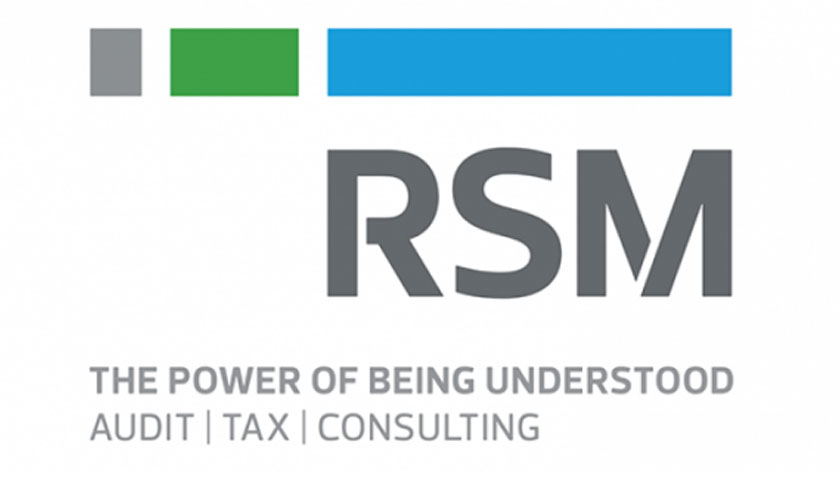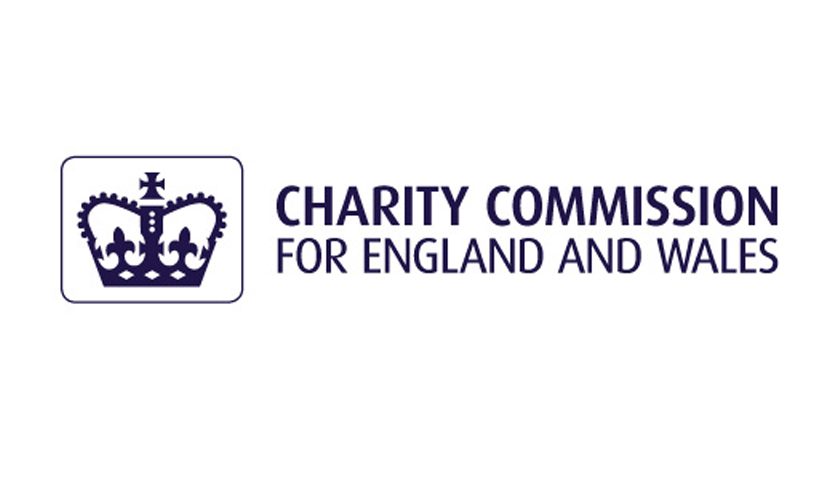The bosses of the UK’s charity regulators have written to the UK’s largest banks to request “urgent action” to stop charities being given poor service or denied accounts.
The letter, from Helen Stephenson (Charity Commission for England and Wales), Maureen Mallon (Office of the Scottish Charity Regulator) and Frances McCandless (Charity Commission for Northern Ireland), says that charities are “on the frontline of the current cost-of-living crisis”, and that the challenges they face are being “heightened by avoidable frustrations” created by banks.
The three chief executives say there is “little more” that they can do to improve the situation, without the banks’ support.
The concerns listed in the letter are accounts being closed or suspended suddenly for long periods of time; a reduction in bespoke services for charities; poor customer service, administrative delays; and online banking services which do not match the way charities operate.
The regulators says that they are supportive of efforts by industry body UK Finance to find solutions, but express concern that this work will not be enough, saying that banks “need to do far more”.
Specifically, the letter suggests that banking providers simplify the process for setting up a charity bank account, and ensure staff have a better understanding of charities and how they are governed.
The letter concludes:
“Working with charities is key to acting as a responsible business within our society, and the best way that banks can do so is by streamlining services to help charities operate in a way that does not create serious governance issues for them.
“As accomplished professionals in financial services, you will know well about operating in a regulated environment. It’s now time for banks to support charities to do the same.”
There are long-running concerns about access to bank accounts for civil society organisations (CSOs) across the world. In August, Fundraising Europe highlighted a new resource from the European Center for Not-for-Profit Law, suggesting steps which can be taken both by CSOs, as well as by banks and regulators, to resolve the issue.



